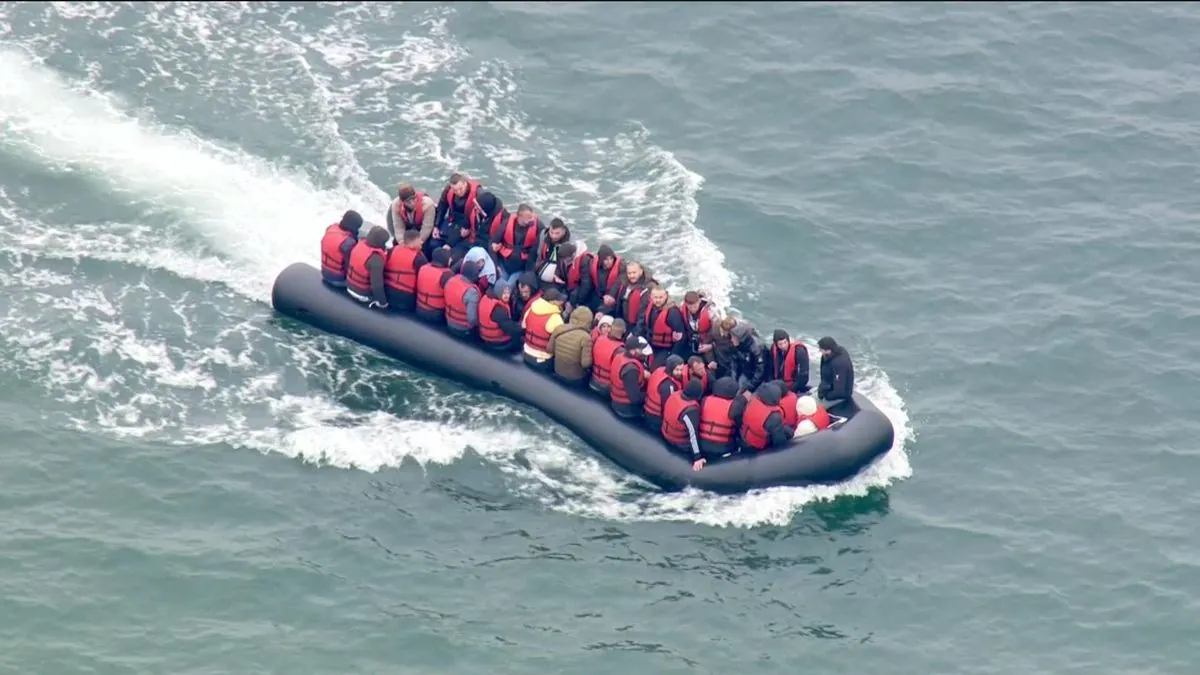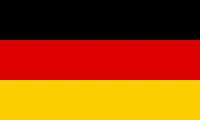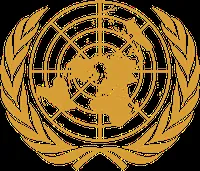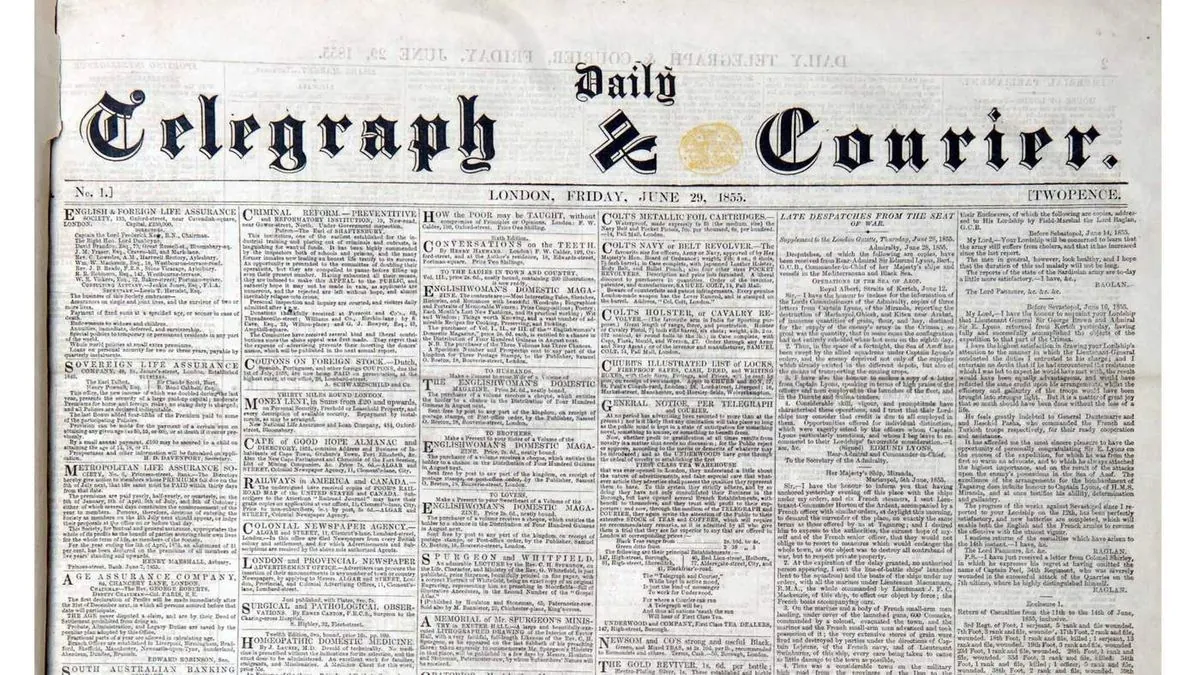France and Germany Demand Post-Brexit Concessions for EU Migration Deal
France and Germany seek improved conditions for EU workers and students in Britain in exchange for a Channel crossings reduction agreement. This development follows Labour's efforts to reset EU relations.

In a significant development in post-Brexit relations, France and Germany have called for enhanced rights for European Union workers and students in the United Kingdom. This request comes as part of negotiations for a new migration agreement aimed at reducing Channel crossings.
The two nations have urged the European Commission to negotiate these concessions alongside an asylum deal with the UK. This move appears to be an early outcome of Sir Keir Starmer's diplomatic efforts to improve relations with the EU, particularly with Emmanuel Macron and Olaf Scholz.
According to Frontex, the EU's border agency, 41,078 migrants attempted to reach the UK from the Schengen zone in the first eight months of 2024. The Schengen Area, established in 1995, allows free movement between 26 European countries, highlighting the complexity of managing cross-border migration.

The joint letter from Nancy Faeser, German interior minister, and Gérald Darmanin, the outgoing French counterpart, emphasizes the detrimental impact of Brexit on migration policies. They argue that the absence of provisions governing people flow between the UK and the Schengen area contributes to irregular migration dynamics.
"We believe that Brexit has had very detrimental consequences for the coherence of our migration policies."
The ministers express optimism about potential progress, citing the new British government's apparent willingness to cooperate constructively with the EU. This sentiment aligns with the European Political Community (EPC) summit earlier this year, where Sir Keir Starmer affirmed the UK's commitment to the European Convention on Human Rights (ECHR).
Labour's approach includes integrating the fight against illegal migration into a proposed security and defense pact with the EU. However, the bloc views these negotiations as an opportunity to pressure the UK into increasing legal youth mobility for EU citizens.
Any potential EU-UK deal would require unanimous support from all 27 EU member states, a challenging prospect given the divisive nature of migration issues within the bloc. Countries like Italy and Greece, which have faced significant migrant arrivals, may resist measures to return people to the EU.
The Dublin Regulation, first implemented in 1997, currently determines which EU member state is responsible for examining asylum applications. The UK's departure from this system has created a gap in migration management between the two entities.
As discussions progress, it's important to note that the UK introduced a points-based immigration system after Brexit, replacing free movement for EU citizens. This system, along with the UK's withdrawal from the Erasmus Programme in 2020, has significantly altered the landscape for European students and workers in Britain.
The Government maintains that its red lines remain unchanged, rejecting any return to freedom of movement or participation in EU quota schemes for migrants. James Cleverly, the shadow home secretary, criticized Starmer's approach, suggesting that the EU would take advantage of Labour's eagerness to improve relations.
As these complex negotiations unfold, the outcome will likely have far-reaching implications for UK-EU relations, migration policies, and the lives of countless individuals seeking to work, study, or find refuge across borders.


































